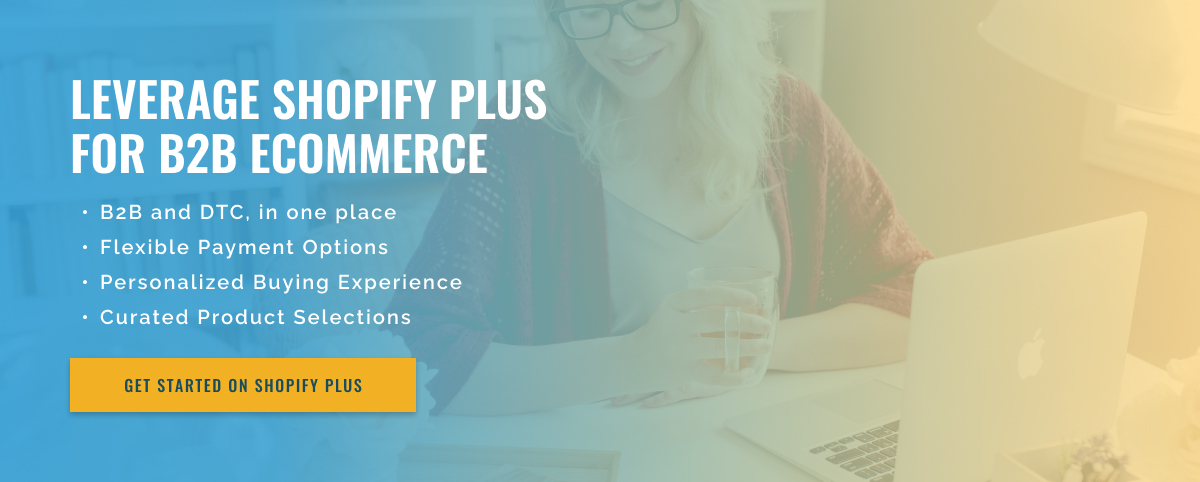3 minute read
Mastering Shopify’s B2B Features: A Comprehensive Guide
Are you a business looking to grow your online presence and attract new customers?
Then Shopify’s B2B features are for you!
Shopify, a popular eCommerce platform, recently introduced a number of features designed specifically for businesses that sell to other businesses. These features enable a seamless and efficient B2B shopping experience and make it easier for businesses to connect and transact with each other.
In this blog post, we’ll discuss how you can maximize Shopify’s B2B features to grow your business.
First, let’s define B2B, or business-to-business. B2B refers to the transaction of goods or services between two businesses, rather than between a business and a consumer. These types of sales often involve larger quantities and higher prices compared to B2C (business-to-consumer) transactions. Shopify’s B2B features allow businesses to create a separate and secure channel for B2B transactions, ensuring a seamless and personalized shopping experience.
One of Shopify’s key B2B features is the ability to set up custom pricing and discounts. Businesses can set different price levels for different customers, such as wholesale or VIP customers. This feature allows for price negotiations and easier price management for different customer groups. By offering a personalized pricing structure, businesses can build stronger relationships with their B2B customers and encourage repeat purchases.
Additionally, Shopify’s B2B features allow businesses to create personalized accounts for each of their B2B customers. This account can include information such as order history, personalized pricing, and credit terms. By providing a customized and optimized shopping experience, businesses can increase customer satisfaction and build long-term loyalty.
Another key feature of Shopify’s B2B platform is the ability to set up custom shipping options. Businesses can offer their B2B customers alternative shipping methods such as express or bulk shipping to meet their specific needs. This feature not only simplifies the purchasing process for B2B customers but also helps businesses manage shipping costs more efficiently.
Shopify also offers a variety of apps and integrations to optimize B2B sales. For example, businesses can integrate accounting software to facilitate invoicing and financial reporting. They can also use the app to create custom forms and streamline the checkout process for their B2B customers.
In summary, Shopify’s B2B features offer numerous benefits to businesses that sell to other businesses. By leveraging these features, businesses can establish a more efficient and efficient solution.

